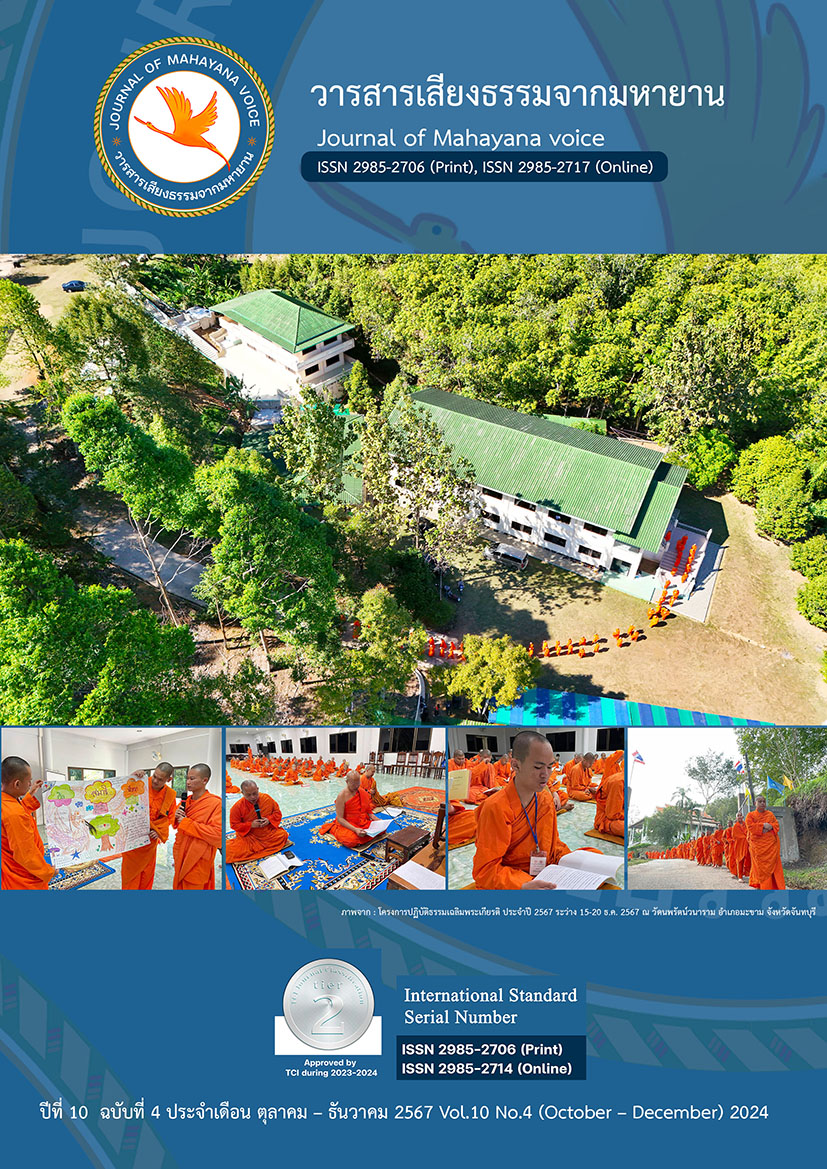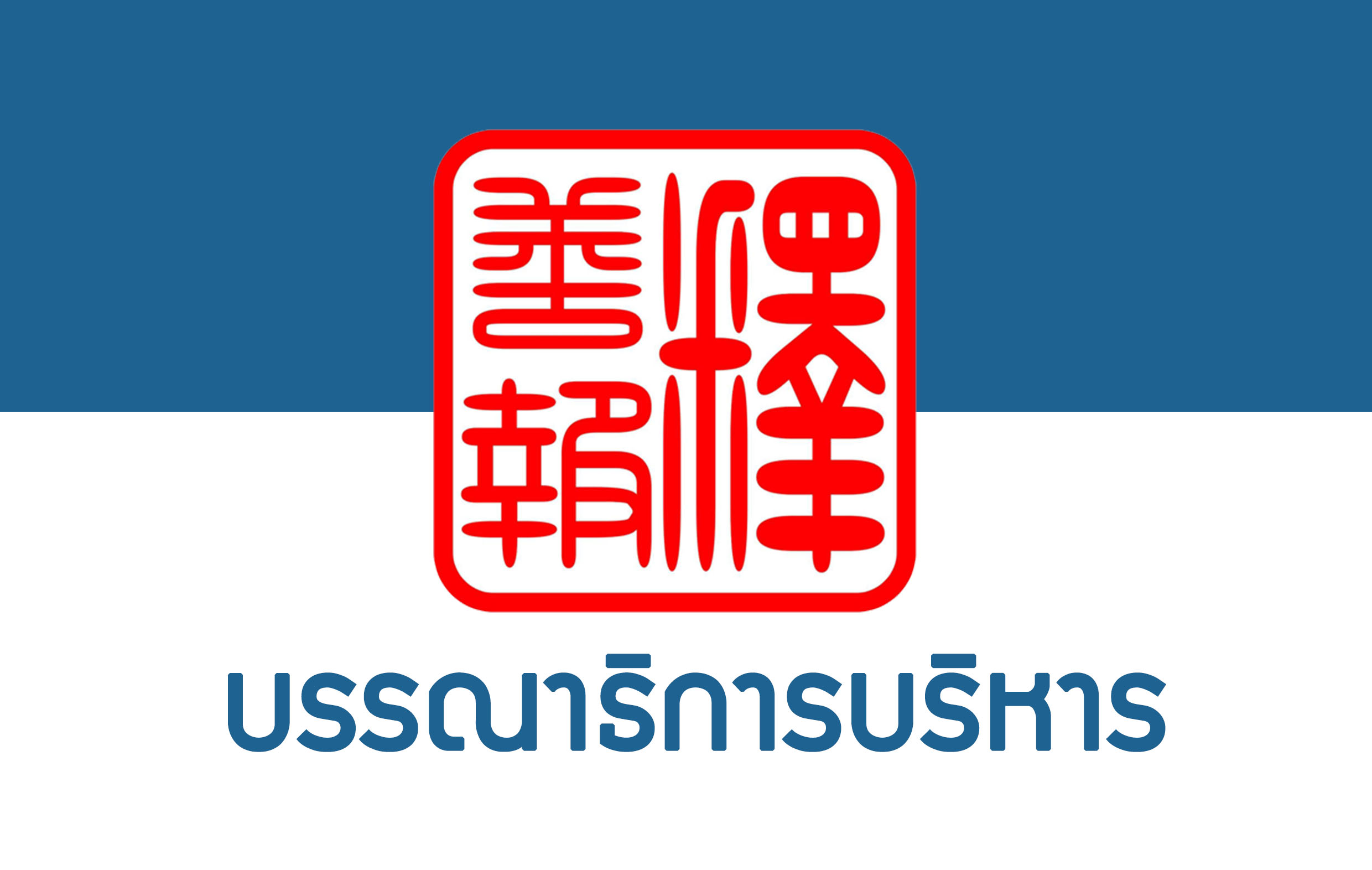การพัฒนาหลักสูตรฝึกอบรมเทคโนโลยีการจัดการผลผลิตด้วยโมเดลเศรษฐกิจ BCG สำหรับนักศึกษาระดับประกาศนียบัตรวิชาชีพชั้นสูง สังกัดสำนักงานคณะกรรมการการอาชีวศึกษา
THE DEVELOPMENT OF THE PRODUCT MANAGEMENT TECHNOLOGY OF BCG MODEL FOR DIPLOMA AGRICULTURAL STUDENTS OFFICE OF THE VOCATIONAL EDUCATION COMMISSION
คำสำคัญ:
การพัฒนาหลักสูตร, เทคโนโลยีการจัดการผลผลิต, โมเดลเศรษฐกิจ BCGบทคัดย่อ
บทคัดย่อ
การวิจัยครั้งนี้มีวัตถุประสงค์ เพื่อพัฒนาหลักสูตรฝึกอบรม เทคโนโลยีการจัดการผลผลิตด้วยโมเดลเศรษฐกิจ BCG สำหรับนักศึกษาระดับประกาศนียบัตรวิชาชีพชั้นสูง สังกัดสำนักงานคณะกรรมการการอาชีวศึกษา แบ่งออกเป็น 4 ระยะ คือ ระยะที่ 1 การศึกษาและวิเคราะห์ข้อมูลพื้นฐานและความต้องการฝึกอบรม กลุ่มตัวอย่างจำนวน 155 คน โดยการเลือกแบบเจาะจง ระยะที่ 2 เพื่อพัฒนาหลักสูตรฝึกอบรม โดยประเมินคุณภาพร่างหลักสูตรโดยผู้เชี่ยวชาญ จำนวน 10 คน ระยะที่ 3 การนำหลักสูตรฝึกอบรมไปใช้ กลุ่มตัวอย่างคือนักศึกษาระดับประกาศนียบัตรวิชาชีพชั้นสูง แผนกวิชาพืชศาสตร์ จำนวน 50 คนและ ระยะที่ 4 การประเมินหลักสูตรฝึกอบรม โดยนำผลการวิจัยไปประเมินหลักสูตรตามแบบจำลองซิป (CIPP Model)
ผลการวิจัยพบว่า 1) การประเมินสภาวะแวดล้อมข้อมูลความต้องการพื้นฐาน และความต้องการในการฝึกอบรมประกอบไปด้วย 3 หน่วย 11 หัวข้อ 2) ผลการประเมินคุณภาพหลักสูตร โดยผู้เชี่ยวชาญ 10 คน ได้แก่ ความสอดคล้องของหลักสูตร อยู่ระหว่าง 0.71 – 1.00 ความเหมาะสมของโครงร่างหลักสูตร ความเหมาะสมของหลักสูตร โดยภาพรวมอยู่ในระดับ มาก 3) การประเมินผลการทดลองใช้หลักสูตร จากกลุ่มตัวอย่าง พบว่า ผู้เข้าอบรมมีค่าเฉลี่ยของคะแนนหลังการอบรมสูงกว่าก่อนการอบรมอย่างมีนัยสำคัญยิ่งที่ระดับ .05 ในระดับปฏิบัติการอยู่ในระดับมาก ผลการประเมินความพึงพอใจต่อการฝึกอบรม อยู่ในระดับมากที่สุด ระดับความคิดเห็นของผู้เข้าอบรมอยู่ในระดับมาก 4) การประเมินผลการใช้หลักสูตร พบว่า โดยภาพรวมอยู่ในระดับมากที่สุด เมื่อเรียงลำดับค่าเฉลี่ยจากมากไปหาน้อย ได้แก่ ได้แก่ ด้านผลผลิต (x̄ 4.71, S.D. = 0.38) ด้านปัจจัยนำเข้า (x̄ = 4.69, S.D. = 0.30) และด้านบริบท (x̄ = 4.65, S.D. = 0.41) ตามลำดับ
Abstract
This study has been designed as a research and development of the product management technology of BCG Model for Diploma Agricultural Students Office of the Vocational Education Commission. Consisted of four steps as follows ; Phase 1: study and analysis of general backgrounds, and training needs. Sample group 155 people. By purposive Sampling. Phase 2: development of training curriculum, Phase 3: Implementation of the training curriculum. The sample group consists of 50 students from the Higher Vocational Certificate in Plant Science program. Phase 4 : Evaluation of the training curriculum. The research results will be used to assess the curriculum based on the CIPP Model.
The research results found that:
1) The evaluation of the environmental conditions, basic information needs, and training requirements consisted of 3 units and 11 topics.
2) The curriculum quality evaluation by 10 experts revealed that the curriculum's alignment ranged from 0.71 to 1.00. The overall appropriateness of the curriculum outline and the curriculum itself was rated as high.
3) The trial implementation of the curriculum evaluation from the sample group showed that the average post-training scores of the trainees were significantly higher than the pre-training scores at the .05 level. The operational level was rated as high, and the satisfaction with the training was rated as the highest. The trainees' overall feedback was rated as high.
4) The final evaluation of the curriculum indicated that, overall, it was rated as the highest. When ranking the averages from highest to lowest, the categories were product, input, and context.















